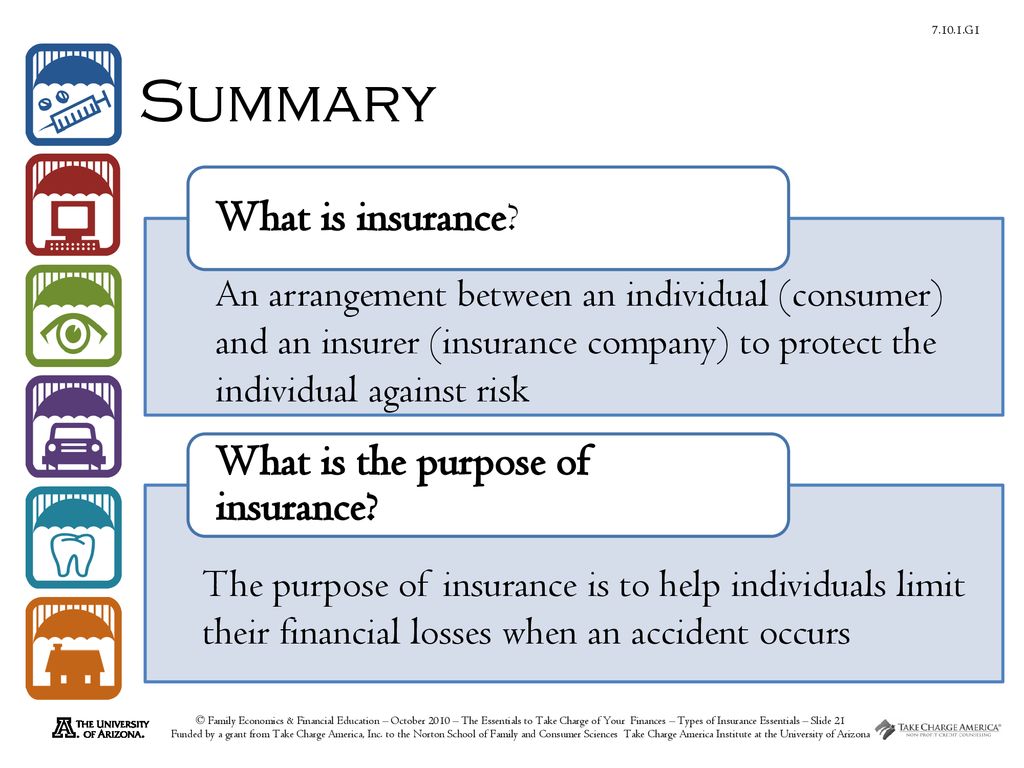Entire life and universal life insurance are both considered irreversible policies. That implies they're created to last your entire life and won't expire after a specific amount of time as long as needed premiums are paid. They both have the prospective to build up cash worth gradually that you may have the ability to obtain versus tax-free, for any reason. Because of this function, premiums might be greater than term insurance. Entire life insurance coverage policies have a set premium, suggesting you pay the very same amount each and every year for your protection. Just like universal life insurance, entire life has the potential to collect cash worth gradually, developing a quantity that you might have the ability to obtain versus.

Depending upon your policy's potential money worth, it may be used to skip a premium payment, or be left alone with the prospective to accumulate worth over time. Possible growth in a universal life policy will vary based upon the specifics of your specific policy, as well as other elements. When you purchase a policy, the providing insurance provider develops a minimum interest crediting rate as detailed in your contract. Nevertheless, if the insurance provider's portfolio earns more than the minimum interest rate, the company might credit the excess interest to your policy. This is why universal life policies have the prospective to make more than a whole life policy some years, while in others they can make less.

Here's how: Since there is a money worth part, you might be able to avoid superior payments as long as the money value is enough to cover your required expenses for that month Some policies may enable you to increase or decrease the death benefit to match your particular circumstances ** In a lot of cases you might borrow against the money value that might have built up in the policy The interest that you may have earned gradually collects tax-deferred Entire life policies provide you a repaired level premium that will not increase, the possible to collect money worth with time, and a fixed death benefit for the life of the policy.
As an outcome, universal life insurance premiums are generally lower throughout periods of high rates of interest than entire life insurance coverage premiums, often for the exact same amount of protection. Another crucial distinction would be how the interest is paid. While the interest paid on universal life insurance coverage is typically changed monthly, interest on a whole life insurance policy is generally adjusted yearly. This could indicate that throughout durations of rising rates of interest, universal life insurance policy holders may see their money worths increase at a fast rate compared to those in entire life insurance coverage policies. Some individuals might prefer the set survivor benefit, level premiums, and the capacity for growth of an entire life policy.
Although whole and universal life policies have their own unique functions and advantages, they both focus on supplying your enjoyed ones with the cash they'll require when you die. By dealing with a qualified life insurance coverage representative or business agent, you'll be able to select the policy that best fulfills your individual needs, budget plan, and financial goals. You can also get afree online term life quote now. * Provided required premium payments are prompt made. ** Increases may go through additional underwriting. WEB.1468 (What is cobra insurance). 05.15.
The Definitive Guide for What Health Insurance Pays For Gym Membership?
You do not need to think if you must enroll in a universal life policy because here you can find out everything about universal life insurance pros and cons. It's like getting a preview before you purchase so you can decide if it's the best type of life insurance coverage for you. Continue reading to find out the ups and downs of how universal life premium payments, money worth, and death advantage works. Universal life is an adjustable kind of permanent life insurance coverage that permits you to make modifications to two main parts of the policy: the premium and the death advantage, which in turn impacts the policy's cash worth.
Below are some of the total pros and cons of universal life insurance coverage. Pros Cons Designed to offer more flexibility than entire life Does not have the ensured level premium that's offered with whole life Cash worth grows at a variable interest rate, which could yield higher returns Variable rates also suggest that the interest on the money worth could be low More opportunity to increase the policy's cash worth A policy generally requires to have a positive cash worth to remain active Among the most appealing functions of universal life insurance coverage is the capability to pick when and just how much premium you pay, as long as payments meet the minimum quantity required to keep the policy active and the Internal Revenue Service life insurance guidelines on the maximum quantity of excess premium payments you can make (What does renters insurance cover).
However with this versatility also comes some drawbacks. Let's review universal life insurance pros and cons when it comes to altering how you pay premiums. Unlike other types of irreversible life policies, universal life can adapt to fit your financial requirements when your capital is up or when your budget plan is tight. You can: Pay higher premiums more frequently than required Pay less premiums less often or perhaps avoid payments Pay premiums out-of-pocket or utilize the cash value to pay premiums Paying the minimum premium, less than the target premium, or avoiding payments will negatively impact the policy's cash value.